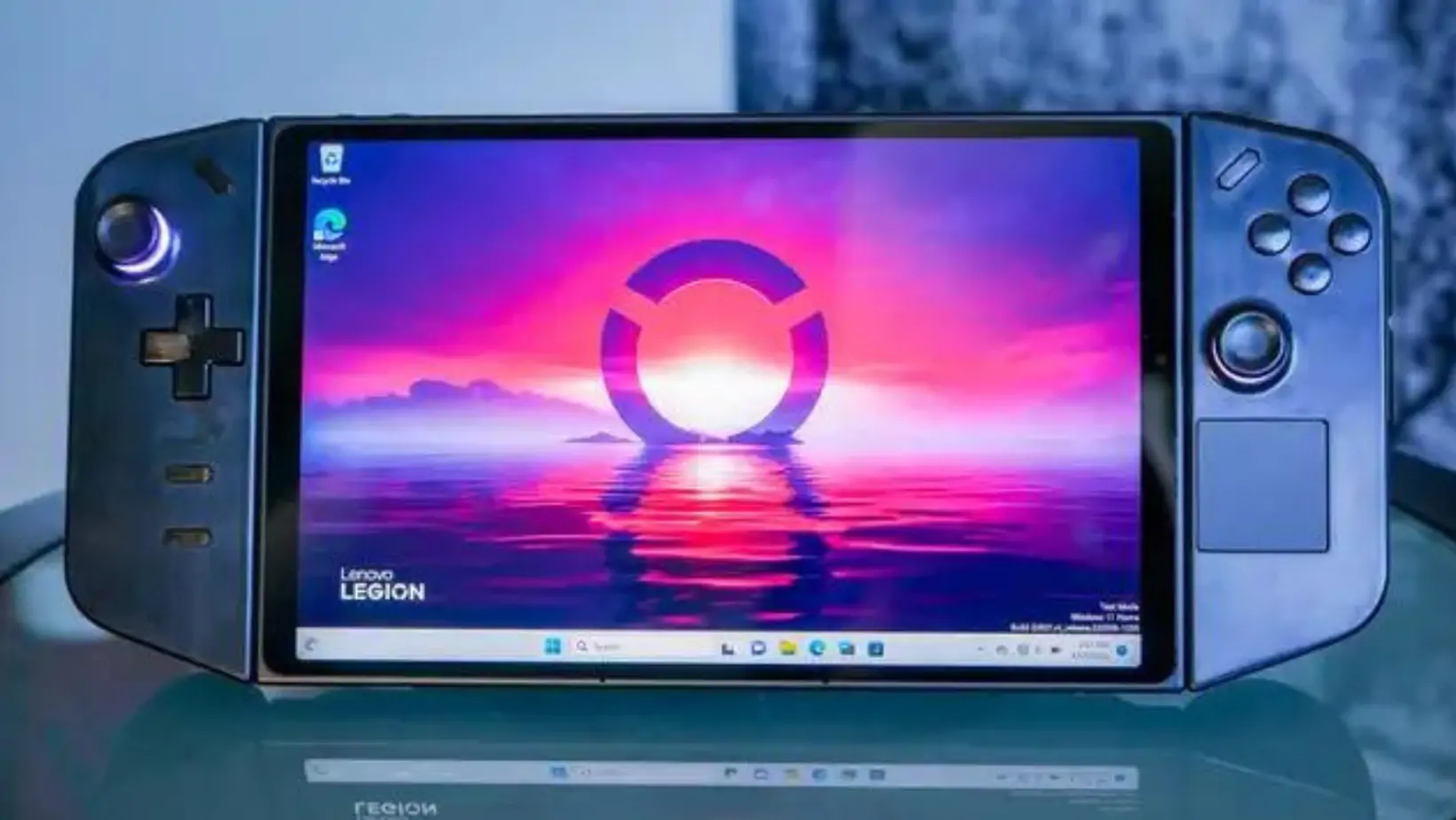
The gaming industry is witnessing an influx of handheld gaming PCs, with every major player eager to join the race. The latest contender, Lenovo, has announced its first foray into the handheld gaming arena with the Legion Go. This Windows-powered gaming device is set to hit the market in October and aims to carve out its niche in a landscape dominated by the likes of the Steam Deck and Asus’ ROG Ally.
Lenovo’s Legion Go comes packed with features that cater to the demands of gamers on the go. The device boasts an impressive 8.8-inch QHD Plus screen with a resolution of 2560 x 1600 pixels and a high refresh rate of 144Hz. Powered by an AMD Ryzen Z1 Extreme processor, the Legion Go ensures that gamers enjoy smooth gameplay and powerful performance.
The Legion Go doesn’t hold back on memory either, featuring 16GB of LPDDR5X RAM and offering up to 1TB of storage space for all those demanding gaming titles. Additionally, the device is equipped with a 49.2Wh battery that promises extended gaming sessions, a factor that could set it apart from its competitors.
Lenovo’s Legion Go enters the market with a starting price of ZAR 13,281 (approximately $699). This aggressive pricing places it in direct competition with the Asus ROG Ally, a notable handheld gaming device that targets a similar price range. With South African gamers eager for accessible gaming options, Lenovo’s offering could be a compelling choice for those seeking an affordable yet powerful gaming handheld.
The Legion Go draws inspiration from both the Nintendo Switch and the Asus ROG Ally. The device features detachable controllers that offer a similar experience to the Nintendo Switch, allowing gamers to enjoy a versatile range of gaming styles. Additionally, a stand is included for propping up the device, ensuring a comfortable gaming experience even during extended sessions.
During a hands-on demonstration, the Legion Go demonstrated impressive responsiveness and smooth gameplay. However, some early reviewers encountered issues where games did not recognize the correct button mappings, leading to confusion and frustration. This challenge could be a significant hurdle for Lenovo to overcome, as an inconsistent gaming experience could deter potential buyers.
One of the most intriguing aspects of the Legion Go is its utilization of the Windows operating system. While Windows offers a vast library of gaming titles, it is not inherently optimized for handheld gaming experiences. Unlike the Asus ROG Ally, which underwent significant collaboration with Microsoft to tailor the Windows UI for a handheld form factor, Lenovo’s Legion Go did not have the same level of involvement from Microsoft. As a result, concerns arise about how well the device will navigate Windows and whether it can provide an intuitive gaming experience.
Lenovo’s decision to incorporate a larger 49.2Wh battery could pay dividends in terms of extended gameplay. While the device’s weight might be slightly bulkier compared to its competitors, the promise of longer battery life could be a significant selling point, especially for avid gamers who prioritize extended gaming sessions over portability.
As the Legion Go approaches its October release date, there is both excitement and skepticism within the gaming community. While the device’s hardware specifications and design are promising, its success hinges on how well Lenovo addresses the challenges related to game compatibility and the Windows operating system. The gaming experience should be seamless and intuitive, ensuring that gamers can fully enjoy their favorite titles without technical hurdles.
The competitive pricing of the Legion Go positions it as a compelling option for South African gamers who seek a blend of affordability and performance. However, the final verdict will depend on how well Lenovo navigates the Windows operating system and delivers on its promises.
This website uses cookies.